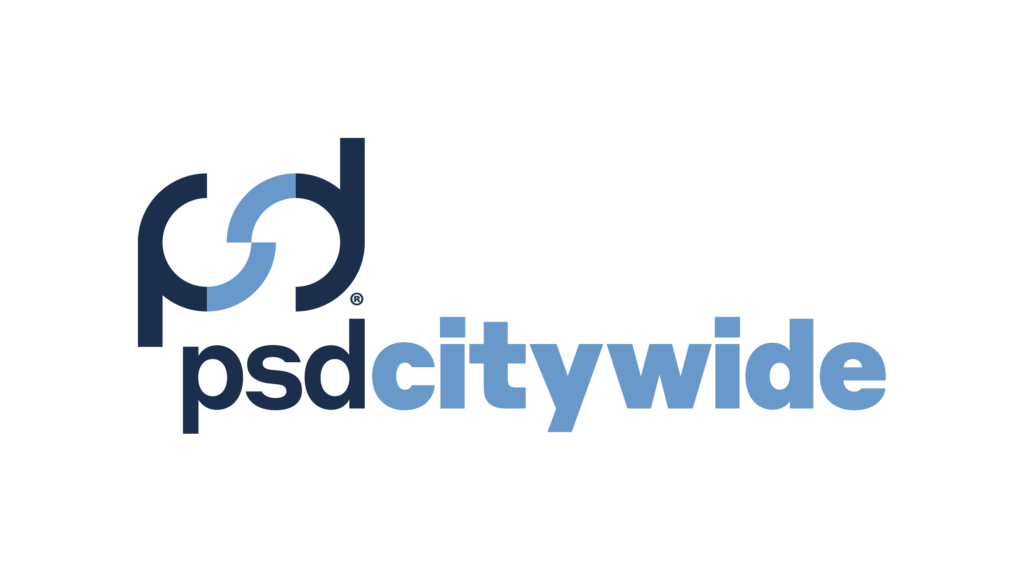Whenever we are asked to consider the appropriate or best way to communicate with Council on matters of the public interest, such as our collective challenges with municipal infrastructure, I consider the public messages that will be most helpful and instructive for our “unelected community representatives” in our local democracies: the citizens.
There are two reasons for this. The first is that even in this media and information age, official City Hall professional communications should never be perceived as a substitute for local leadership. Elected representatives, our politicians, have a responsibility to not just determine and govern in the public interest, but to also communicate to citizens, in many cases face-to-face, the reasoning behind their decisions.
The role of staff and consultants, then, is to help distill sometimes complex topics (like asset management) and concerns to elected bodies in a way that can be easily relayed to the public.
The second is that the enormous challenges that our local governments are facing – from municipal infrastructure to climate change to social well-being – have been made chronically more difficult to address due to a lack of sufficient civic education in fostering informed, active and engaged citizens, which are required for a democracy to function effectively.
In this case, the proper stewardship of community assets – whether they be capital, natural, or human – is our overall mission.
Why?
Because community assets make the provision of civic services possible. And, sustainable service delivery, which requires asset management, provides for the long-term economic, environmental and social well-being of people and communities.
The Problem
Fixing systemic and big problems, such as those related to municipal infrastructure, require us to understand the political climate and culture that led us to govern ourselves in a way that threatens the long-term sustainability of local governments and communities.
A 2019 BBC report titled The Perils of Short-Termism: Civilization’s Greatest Threat, describes our cultural “inability to look beyond the latest news cycle” as “one of the most dangerous traits in our generation.” The report describes this short-termism as manifesting itself in politics by defining the dominant decision-making time frame as “the term in office”.
Given the fact that our municipal infrastructure challenges – whether we call it the infrastructure gap, the infrastructure deficit, deferred maintenance or unfunded infrastructure liability – are all products of this short-termism, the first order of communication is to explain to Council and the public that the chickens have come home to roost on this way of thinking, governing and operating. No more white elephant or vanity projects, no more single issue leaders, no more vending machine democracy.
And, even if we wish to ignore it or find ourselves in political cultures that through complacency, ignorance or arrogance are able to further “buy time” or “kick the can further down the line”, the reality is that legislative requirements and accounting standards are changing.
Gone are the days when we could budget for existing or new infrastructure without considering the life cycle costs – namely operation, maintenance, renewal, disposal and replacement costs. Given the fact that the average cost of new infrastructure is only about 20 percent of the total life cycle costs, it is incredibly reckless and burdensome to future generations to budget or make any decision without such accounting.
Fixing systemic and big problems, such as those related to infrastructure, require us to understand the political climate and culture that led us to govern ourselves in a way that threatens the long-term sustainability of local governments and communities.
At the back of our minds, we all know that there is a price to pay for deferring maintenance. If this is not obvious to Council or members of the public when first outlined, there is often no one better than a representative of civic works to provide an on-the-ground, lived out experience, of what the consequences are of insufficiently funding infrastructure maintenance over time.
If that is not enough, we can always point to Italy’s numerous catastrophic and deadly bridge and overpass collapses in the past decade, which came after maintenance budgets were slashed by as much as two thirds as the country reeled from the effects of the U.S. subprime mortgage crisis. This is also a good time to remember we are not immune to future global economic crises. Asset management is about ensuring we can weather future storms – economic or environmental.
While there are variations between municipalities, the reality is that according to the most recent Canadian Infrastructure Report card, all classes of infrastructure will further deteriorate – including water, sewer, roads, bridges, recreation facilities – at the current rates of investment. In the US, the American Society of Civil Engineers (ASCE) has long been reporting that the nation’s infrastructure is in dire straits, “mostly below standards”, exhibiting “significant deterioration”, and with a “strong risk of failure”.
We should also be sensitive to the fact that the average citizen has been enormously short-changed by this short-termism in which we have all wittingly or unwittingly participated in. There is no question that the family and household unit is already economically and socially strained in a way it hasn’t been for decades.
Yet, at this very time, to ensure our municipalities are set on a sustainable track, we are going to be asking citizens to support and participate in difficult decision-making processes – such as decisions to reduce, consolidate or eliminate services or raise taxes, sometimes significantly.
On the bright side, this is also an opportunity to communicate better, live wiser, champion long-term stewardship, do things more effectively, be clearer about our priorities, ramp up collective innovation and problem solving as well as engage citizens in a way they have never been asked to engage before.
The Solution
All of this requires civic education. Why? Because we live in a democracy. When Hitler and Stalin forced historically astounding mass infrastructure renewal and expansion to support rapid industrialization, they did it as all totalitarian states operate – through mortal fear and manipulation. We have the benefit and privilege of living in a democratic nation with democratic local governments. Our municipalities are governed, in times of ease and times of trial, with the consent of the people for the people.
This comes with the responsibility to ensure the public has an honest assessment and understanding of the challenges we face and a meaningful part in moving forward and thriving together toward our sustainable future.
Over 2500 years ago, Socrates warned that without this understanding, citizens in a democracy will choose the candy shop owner who “offers them sweets” over the medical doctor who may prescribe “bitter syrups”, perform painful but necessary procedures, and advance practices such as exercising and eating healthy that promote good health. Some truths are clearly eternal…
Given the nature of our mission, as described at the beginning of this article, the role of asset management champions and practitioners is critical in the revival of this necessary civic education. This is not a duty asset managers take lightly. Who else would march so diligently for so many years on this mission?
There is no question that consistency in the use of terminology, training and ways in which we assess the journey, as well as our progress, would have most meaning and impact if terms and measures we use are universally applied and understood. Consistency is also important when making the case for funding from higher orders of government.
My contribution is to frame this discussion, define its role in civic education and take this opportunity to celebrate the progress already made in advancing asset management in the public sphere. While asset management or sustainable service delivery are not yet household terms, the number of politicians who during the recent municipal elections had Asset Management as part of their political platforms has increased dramatically.
We should be encouraged that this term president of the Federation of Canadian Municipalities, Councillor Bill Karsten of the Halifax Regional Municipality, describes himself as “especially passionate about developing a sound asset management program to ensure infrastructure is left in excellent condition for the next generation”.
Perhaps we are finally heeding the wisdom of this ancient Greek proverb: Society grows great when wise men plant trees whose shade they know they shall never sit in. Today, we include women and yes, the youth who through their mass climate action strikes have demonstrated they know they are the ones who will inherit the earth.
DIANE KALEN-SUKRA, MA, CMC is an author, speaker, educator, coach and certified culture change consultant with the Barrett Values Centre. Diane’s firm Kalen Consulting inspires and equips leaders to build resilient communities through good governance, asset management, servant leadership, compassionate culture, and civic education.
Subsidiary Kalen Civic Academy hosts Resilient Civic Leadership: Compassionate Integrity Training for Civic Leaders, a university certificate program through the Centre for Compassion, Integrity & Secular Ethics at Life University. This 10-session program shares ancient wisdom for modern city builders, backed by cutting-edge developments in the fields of neuroscience, psychology, trauma-informed care, peace and conflict studies, and contemplative science.
For more, join Diane on social media: LinkedIn | Twitter | Facebook | Instagram | Blog



